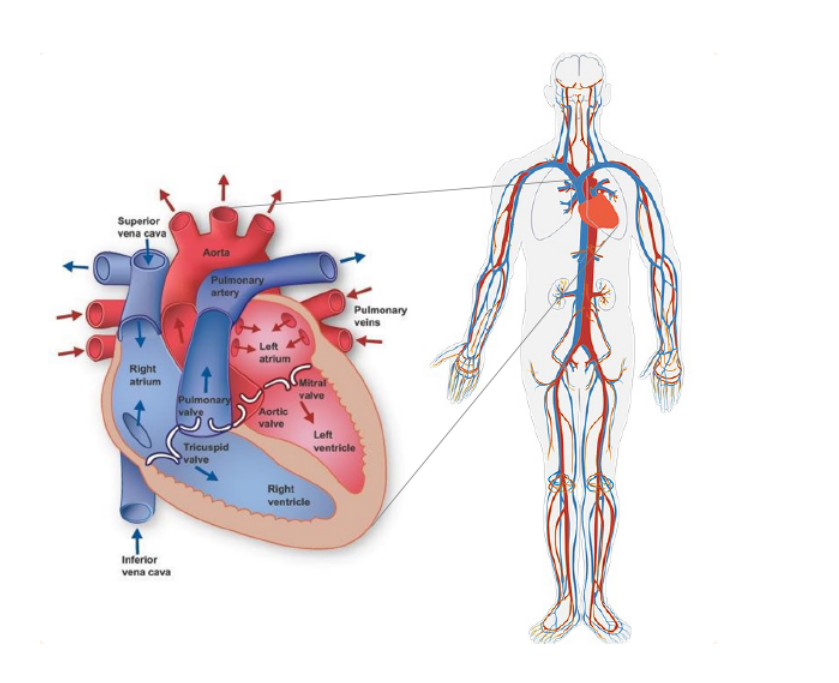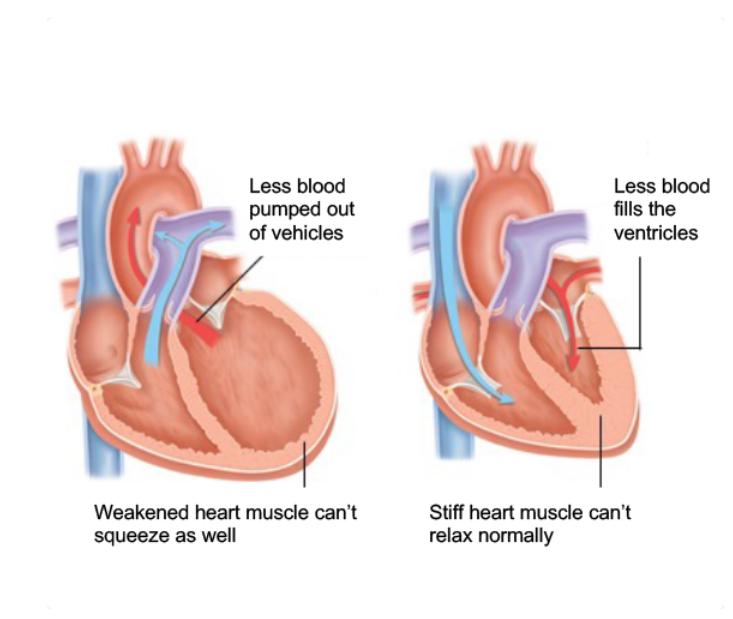- Tendera M. Epidemiology, treatment, and guidelines for the treatment of heart failure in Europe. Eur Hear J Suppl. 2005;7(Suppl J):J5-J9. doi:10.1093/eurheartj/sui056.
- Chronic heart failure in adults: diagnosis and management. 2018, available at https://www.nice.org.uk/guidance/ng106.
- Ebner N, von Haehling S. Iron deficiency in heart failure: a practical guide. Nutrients. 2013;5(9):3730-9. doi:10.3390/nu5093730.
- Klip IT, Comin-Colet J, Voors A a, et al. Iron deficiency in chronic heart failure: an international pooled analysis. Am Heart J. 2013;165(4):575-582.e3. doi:10.1016/j.ahj.2013.01.017.
- McDonagh TA, et al; Eur Heart J. 2021 Aug 27; doi: 10.1093/eurheartj/ehab368.
- https://www.verywellhealth.com/heart-failure-causes-and-risk-factors-1746181
- https://www.mayoclinic.org/diseases-conditions/heart-failure/symptoms-causes/syc-20373142
- Marchi G, Busti F, Vianello A, Girelli D. Anemia and iron deficiency in heart failure: extending evidences from chronic to acute setting. Intern Emerg Med. 2020 Jul 10. doi: 10.1007/s11739-020-02434-9. Epub ahead of print.
Сердечная недостаточность означает, что сердце повреждено или ослабло и не может доставлять достаточное количество крови, необходимой организму.
На фоне хронической сердечной недостаточности у вас может возникать чувство измождения или одышка чаще, чем ранее. Эти симптомы могут быть частично связаны с дефицитом железа.
Если у вас диагностирована хроническая сердечная недостаточность, вероятно, что вы будете регулярно приходить к врачу на повторные приемы для контроля эффективности назначенной вам терапии. Вы можете использовать эту возможность, чтобы обсудить любые другие наблюдаемые симптомы. Чтобы не забыть ничего спросить, заранее подготовьте записи. Так у вас будет вся информация, которая может понадобиться врачу.
Определив ваш уровень железа в организме, врач сможет подобрать способ лечения, который подходит вам лучше всего. Лечение будет зависеть от того, какой у вас дефицит железа. Врач может порекомендовать вам способы для увеличения количества железа в рационе и/или назначить лекарства для повышения уровня железа.
Сердечная недостаточность означает, что сердце повреждено или ослабло и не может доставлять достаточное количество крови, необходимой организму.
На фоне хронической сердечной недостаточности у вас может возникать чувство измождения или одышка чаще, чем ранее. Эти симптомы могут быть частично связаны с дефицитом железа.
Если у вас диагностирована хроническая сердечная недостаточность, вероятно, что вы будете регулярно приходить к врачу на повторные приемы для контроля эффективности назначенной вам терапии. Вы можете использовать эту возможность, чтобы обсудить любые другие наблюдаемые симптомы. Чтобы не забыть ничего спросить, заранее подготовьте записи. Так у вас будет вся информация, которая может понадобиться врачу.
Определив ваш уровень железа в организме, врач сможет подобрать способ лечения, который подходит вам лучше всего. Лечение будет зависеть от того, какой у вас дефицит железа. Врач может порекомендовать вам способы для увеличения количества железа в рационе и/или назначить лекарства для повышения уровня железа.



















